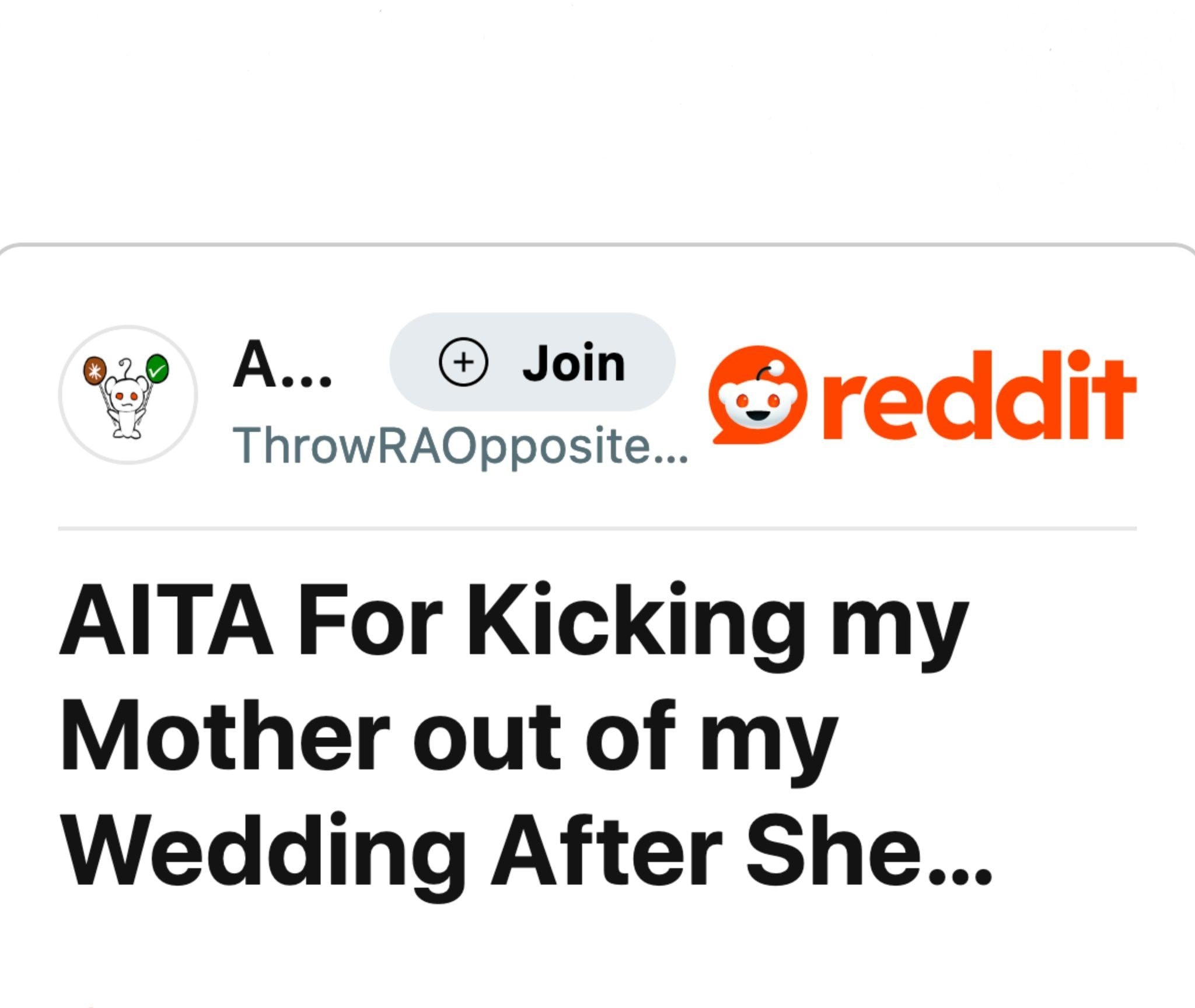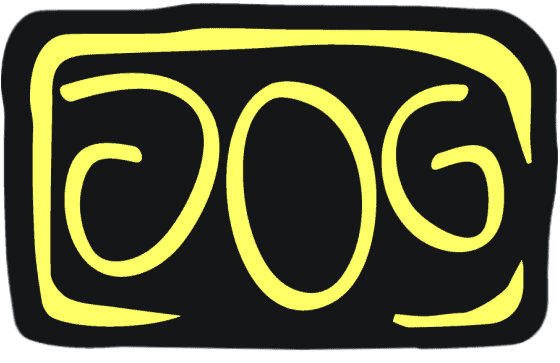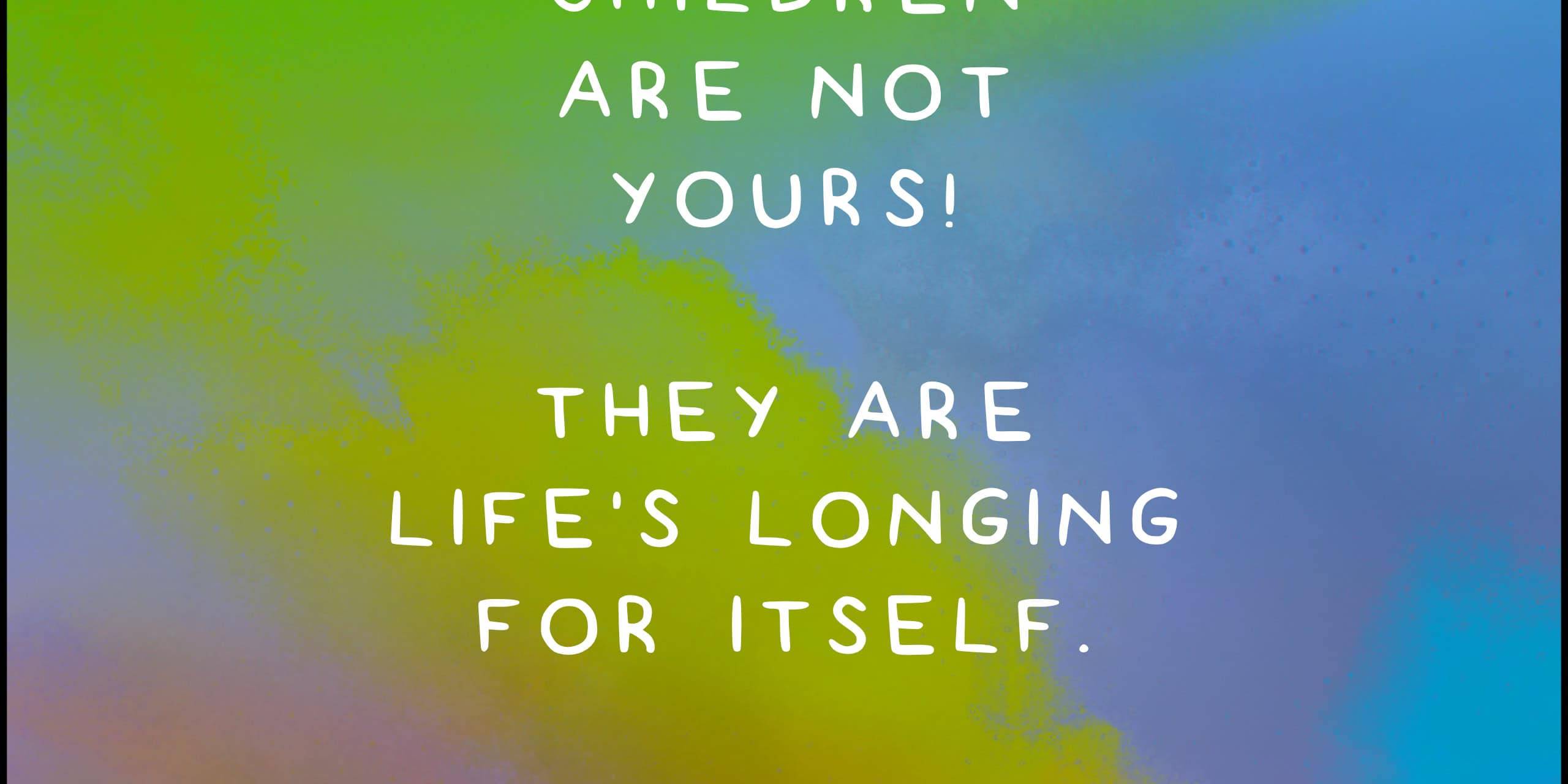Self-determination: Why It’s Essential to Recognize This as a Human Right (Because a Child Is Not Just a Child, but a Full Human Being)

Some mothers believe they’re always acting out of “love” and doing what’s best for their children, but fail to see when they’re actually crossing boundaries or acting out of their own self-interest.
Read the following post from the AITA (Am I the A**hole?) subreddit about a son’s struggle to assert his boundaries against his mother’s controlling behavior during his wedding.
This story shows how some mothers believe they’re always acting out of “love” and doing what’s best for their children, but fail to see when they’re actually crossing boundaries or acting out of their own self-interest. It highlights how mothers can see their children as extensions of themselves, unable to respect their autonomy, especially when their (grown-up!) child sets boundaries or makes choices that don’t align with their wishes.
By undermining her son’s choice of partner and trying to force a connection with someone who caused him pain, the mother put her need for control, her own beliefs and comfort above her son’s well-being. This kind of behavior reveals an underlying egocentricity—projecting her wishes onto him, assuming she knows best, and ignoring his right to make his own decisions.
What’s particularly revealing is that the son’s choice to assert his boundaries triggered a backlash from the family, highlighting how society tends to protect parental overreach and often aligns with the offending parent instead of standing by the offended child.
Sharing this story can spark a conversation about how these not-so-subtle manipulations, which have been normalized under the mask of parental “love,” along with “well-intentioned” actions, often hide deeper issues of control and boundary violations.
It’s a reminder of how crucial it is to recognize these patterns, as the right to self-determination is not merely a child’s right but a fundamental human right—because a child is not just a child, but a full human being.
These not-so-subtle manipulations, which have been normalized under the mask of parental “love,” along with “well-intentioned” actions, often hide deeper issues of control and boundary violations.
You may also like
Most people don’t get what Aimee Lou Wood’s line in White Lotus really means
What does Aimee Lou Wood’s line in White Lotus - “You are…
Children are not possessions
Children are not possessions. They are beings in their own…
So simple we might forget about it – the hidden power of breathwork
Focusing on our breath, It's a powerful practice that…




